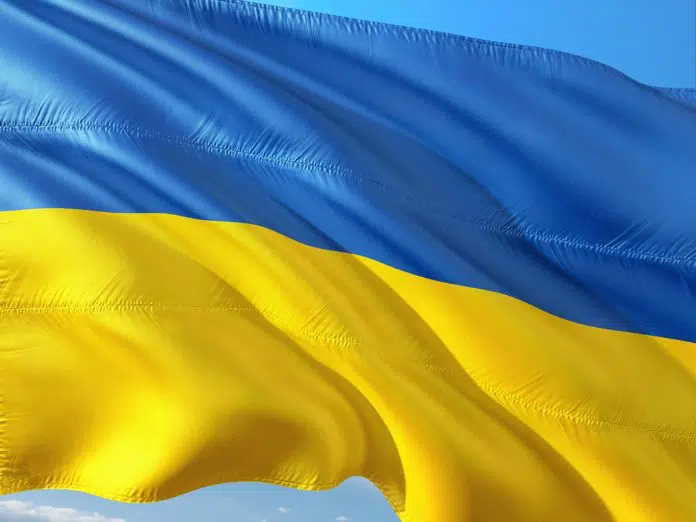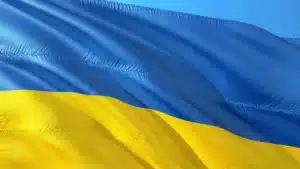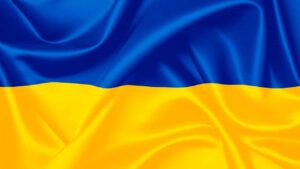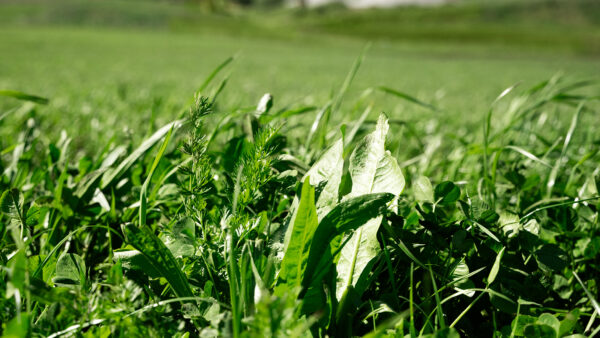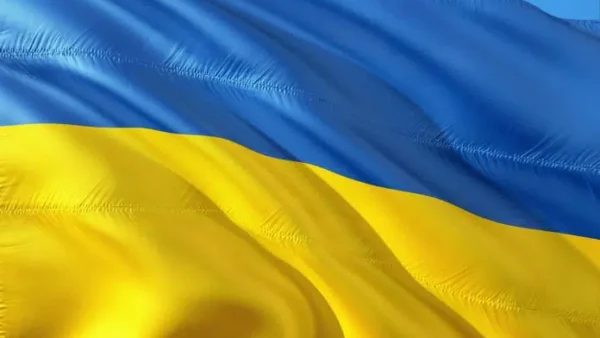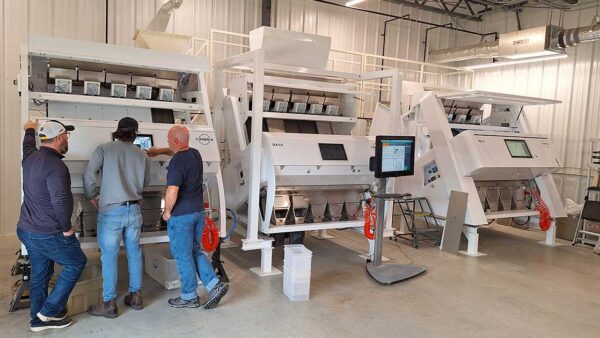The country is gaining equivalence of seeds for oil crops, sugar beets and soybeans.
Ukraine has been a powerful contributor to the global and European agricultural market for several decades. Beyond the sheer volume of agricultural products critical to the region’s food security, the quality of Ukrainian crops and seeds is also noteworthy. Recently, the European Parliament acknowledged this by officially recognizing that Ukrainian seeds meet the high standards set by the EU. In October 2020 the resolution was passed confirming the equivalence of Ukrainian oat, barley, rice, rye, wheat, triticale, corn, and sorghum seeds with EU requirements.
Today, Ukraine, together with partners, keeps working on gaining equivalence of seeds for oil crops, sugar beets and soybeans.
This process is significant for several reasons: it validates the quality and safety of Ukrainian seeds to meet EU standards, enhances the competitiveness of Ukrainian agricultural products in the European market, and reinforces Ukraine’s alignment with European regulatory frameworks. The benefits of this recognition are substantial for both parties. Ukraine gains broader access to the EU market, boosting its seed exports and economy. At the same time, the EU benefits from a diversified supply of seeds, increased food security, and potential cost reductions.
Referring to the decision on the equivalence of oil crops, sugar beets and soybean seeds, it is to note that the European Parliament has already drafted and published this document in which Ukraine and Moldova are both included in the joint file. Thus, a final vote is expected in the short run. Two neighbouring countries unite their efforts to strengthen the position of both and increase the chances of a quick and positive decision.
International Cooperation and Challenges

Throughout this long but important journey, Ukraine is backed by its partners. France and French companies are particularly keen to support Ukraine in the ongoing proceedings.
Big friends of Ukraine from different European organizations and associations, like Euroseeds, to name one, have been working closely with the Ukrainian Ministry of Agrarian Policy and the Seed Association of Ukraine for many years to share information and advocate for the interests of the Ukrainian agricultural sector.
According to them, Ukrainian seeds meet all the standards and are undoubtedly of European quality. Also, Ukraine met all the required conditions and successfully passed the audit five years ago.
Therefore, they called this long-awaited resolution of the European Parliament of 2020 as “establishing justice” for Ukraine.
With 27 EU state members and over 700 deputies in the European Parliament, it takes a lot of time to adopt a resolution. Each resolution must go through multiple stages, including committee reviews, amendments, and debates, to ensure all perspectives are considered. Additionally, the need for consensus and legal scrutiny often adds further delays.
Some countries view the equivalency of Ukrainian seeds as a threat and thus set up barriers to a positive decision. MEPs from some European countries are not too eager to recognize the equivalence of Ukrainian seeds. These officials argue that this is to protect the interests of local farmers, who are claiming the risks to their businesses. Anyway, they can’t veto the decision, yet they can push back the approval.
Stereotypes and Concerns about Ukrainian Seeds
Last year, the European Parliament and the public started discussions on the equivalence of Ukrainian seeds for oil crops, sugar beets and soybeans. Ukraine is not a stranger to the EU market, having established itself as a reliable seed exporter over the past decades, in particular through the recognition of its cereal and corn seeds. Thanks to this background, the initial stages of the mentioned discussion went smoothly. However, there are still significant concerns that are more accurately called stereotypes towards Ukrainian agricultural products, the most common are as follows:
- Typical criticism of Ukrainian agricultural products from Europeans is their low quality. But this is just a very common myth. In fact, Ukrainian seeds often meet or even surpass European standards, as Ukraine competes in a tough market where quality is everything. In addition, many Ukrainian seeds are produced by European companies at Ukraine-based plants and are targeted specifically for the European market. So, they are up to the high demands of European buyers.
- False belief in the poor quality of Ukrainian grain is immediately followed by fear of so-called “unpredictability”. Allegedly, once Ukraine is allowed to sell its seeds in Europe, the supply from Ukraine might increase so dramatically that it could push out local farmers, who typically run smaller farms and can’t compete with lower prices. These worries often come from poor awareness or ignorance of the topic. It’s true that in the late spring of 2022, the European Commission removed trade limits and duties on agricultural products from Ukraine. But the so-called “visa-free trade” for grain and corn exports was for commodities, not for seeds. Meanwhile, seeds have always required certification, phytosanitary inspections and contracts, and it’s a time-consuming procedure. Therefore, Ukraine simply cannot technically increase its seed production volumes and “flood” the European market. And again, European companies with plants in Ukraine will be leading the way in supplying seeds due to existing certifications and trade channels with the EU. To ease European concerns about Ukrainian seeds, these companies should focus on public relations and reassurance, emphasizing that they offer seeds with a “supplied by EU” label.
It is worth keeping in mind that the above-mentioned fears about Ukrainian agricultural products are heavily fuelled by propaganda. As the earlier explanations show, the widespread concerns about Ukrainian seeds in Europe aren’t based on rational reasons but rather on emotional rhetoric. The fact that disproves this populism is that the European Parliament recognized the equivalence of cereal and corn seeds back in 2020, and there is no official data that Europe has experienced any negative effects from this decision in the past four years.
A rather tangible illustration of European farmers’ prejudice against Ukrainian seeds is the frequent cases when French farmers are not satisfied with a label such as “produced by an EU company”. They ask in detail in which country these seeds were grown. And to put it gently, they are very sceptical about products from Ukrainian fields.
Therefore, European companies need to continue explanatory campaigns, which will take several more years. In the meantime, a compromise on labelling needs to be found.
Comparison with Previous Years
If we compare the equivalence process for cereals and corn to the current one for oilseeds, beets, and soybeans, we see that the main difference is the duration as it took about 10 years. Back in 2011, when the process started, there was little information about Ukraine’s seed industry, and production technology wasn’t as advanced. However, that period marked the beginning of modern seed production’s global expansion, attracting investors who saw business potential. Foreign companies came to Ukraine because it offered cost-effective production with cheaper energy, skilled labour at lower wages and quicker government approvals.
Since Ukraine was viewed by Europe as a third-world country at the time, there were many restrictions, which required a multi-stage audit. European experts began the audit in 2016, inspecting production facilities and fields, and eventually issued certificates. Ukraine submitted its application in 2018, and the Decision was adopted in October 2020. The process took so long because activity slowed after the initial 2011 application and only resumed in 2016.
For the current equivalence Ukraine no longer needs to undergo an audit, as one was completed in 2022. So far, Ukraine has fulfilled all its obligations for the equivalence of oilseeds, beets, and soybeans. Now that the European elections are done and the vacation season is winding down, the new parliament will have to vote on this decision starting in September.
Prospects of Forage Grasses
Gaining equivalence for Ukrainian seeds for oil crops, sugar beets and soybeans is not the only issue in the seed sector that is currently being tackled in Ukraine. Recently Ukrainian experts from the seed sector have been pursuing a promising sector of forage grasses and, in particular, producing seeds of these crops. Europe is planning to expand the cultivation of forage grasses in the future: by the 2050s, there is a target of 30% of those areas. Such crops are considered as both feed for livestock and soil and ecosystem restoration. Even though these plants are perennial, the need for their seeds will be constant, as they have to be renewed. So, Ukraine has already started turning in that direction.
The Seed Association of Ukraine (SAU), leading the way in this process, maintains cooperation with the Ministry of Agrarian Policy on adapting national forage grass requirements to European standards. Ukraine should primarily adapt the methodology for inspecting fields with forage grasses — the process is to meet the requirements of OECD and EU. The next step is to submit an equivalence request to the European Parliament. In the meantime, the requirements will be assessed for comparability. As for the specific species of grasses mentioned, the focus will be on forage, legumes and cereals. In the first place, clover, all types of alfalfa and ryegrass.
Ukraine’s Role in Ensuring Stability and Quality
The high quality of Ukrainian seeds is confirmed by the European Parliament’s resolution of 2020 and the opinion of experts from leading associations in the field, such as European seed association Euroseeds, Spanish association ANOVE, German association BDP, Romanian AMSEM, Italian seed association ASSOSEMENTI.
European customers emphasize that Ukrainian seeds always meet all phytosanitary and quality standards. Moreover, Ukrainian suppliers are reliable partners who fully execute their commitments under the contract, despite force majeure circumstances such as intense war.
Risk Diversification and Positive Competition
To summarize the topic, it is fair to say about the prospects for both sides of the partnership — the EU and Ukraine.
The arrival of high-quality Ukrainian seeds on the European market creates positive competition, which will only bring benefits to consumers and the region’s economy. Moreover, it ensures diversification of risks in this large market. After all, the number of local seed producers is quite limited, so in case of a bad harvest, the entire region risks facing a shortage of seeds for the next season.
It is profitable for European companies to place production facilities in Ukraine: the cost of resources is lower, and highly qualified specialists are much more available.
Ukraine will significantly expand the market for seed exports, which will become a solid source of funding for the state budget.
The need to produce more high-quality seeds will be an accelerator for the development of the seed industry in Ukraine, as well as contribute to the creation of a full agricultural production cycle.
Ukrainian officials and experts of industry associations reconfirm again their commitment not to compete with European companies, but to be equal partners in the development of the agricultural sector and ensuring food security in the region.
Editor’s Note: Siuzana Grygorenko is Executive Director of the Seed Association of the Ukraine
Read our November 2023 cover story with Siuzana Grygorenko here.


